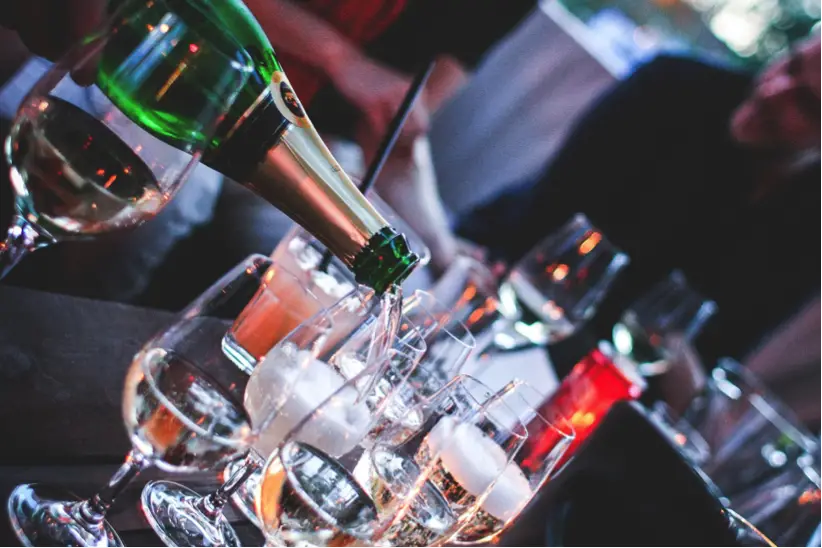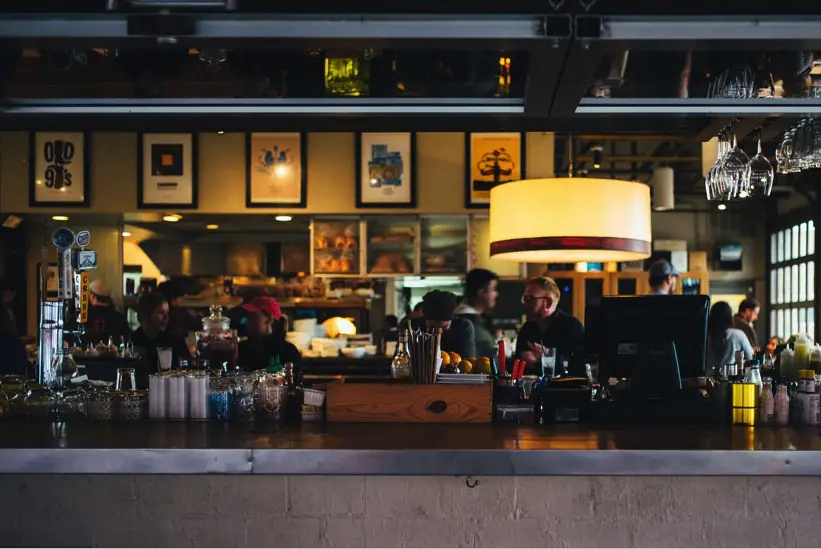For restaurants and other small businesses in the food service industry, it can be hard to compete with the national chains and even other well funded start up restaurants. One way to contribute more to the customer experience and thus to the overall success of your food business is the consideration of adding liquor sales to your menu lineup. Many small restaurant owners express interest in adding liquor to their service but are confronted by an often convoluted and somewhat confusing bevy of state and local regulations. While this reluctance is certainly understandable, it also means that you are missing out on a great opportunity to increase your bottom line.
Offering Choices
Adding an alcohol component to your sales offers a generous return on your investment in both actual sales and ancillary sales. Recent statistics show that since 2005, revenue from total alcohol sales have increased significantly, with sales of spirits alone accounting for 24.9 billion dollars by 2015. This coincides with a corresponding increase in alcohol beverage consumption among diners and restaurant goers. Furthermore, projections by the National Restaurant Association for 2016 and beyond point to an increase in restaurant sales of all types and with such a competitive marketplace, the ability to offer consumer choices will become even more paramount than that currently in place.
Getting Through The Red Tape
 Image Courtesy of picjumbo.com
Image Courtesy of picjumbo.com
As previously mentioned, for many small restaurants the prospect of dealing with the local and state regulations concerning liquor licensing can be overwhelming. While it can be onerous to deal with alone, many locations have the option of taking an outside approach to navigating the complexity involved. There are specialized attorneys that are well acquainted with the liquor laws in their state. For example; In Texas, there’s a law firm attorneys that focus on liquor licensing for business and restaurants located there. A significant advantage of taking this approach is you are less likely to encounter mistakes that can delay or inhibit the licensing process. Additionally, it allows you to focus on the fundamental aspects of your business without having to take the extra time to wade through the morass.
Restaurant Sales Performance
It is important to keep in mind not only the performance of your particular restaurant but also restaurant sales performance as an industry before filing for a liquor license. Unfortunately for you, restaurant industry sales ended on a bad note in 2016. However, industry analysts predict minor improvements to food business sales in the first quarter of 2017, and one percent growth overall for the year. This is miles better than the -2 percent recession that full-service chains are predicted to endure. What does this mean for you, the restaurant owner? If you only want to obtain a liquor license to perform better against chain restaurants, you may be able to hold off. Either way, keep in mind the performance of the restaurant industry before you make any decision.
Naturally, other business such as convenience stores and more can benefit from the addition of liquor sales. Even if the sales are limited to beer and wine, the addition to your bottom line can be significant. This has been proven by other companies conducting customer research. There are ways and means of navigating the rules and regulations concerning the sale of alcohol. Certainly, it is well worth the time and effort to engage the process.
 Business First Family Business, Accounting, Finance, Investing, Marketing And Management
Business First Family Business, Accounting, Finance, Investing, Marketing And Management
